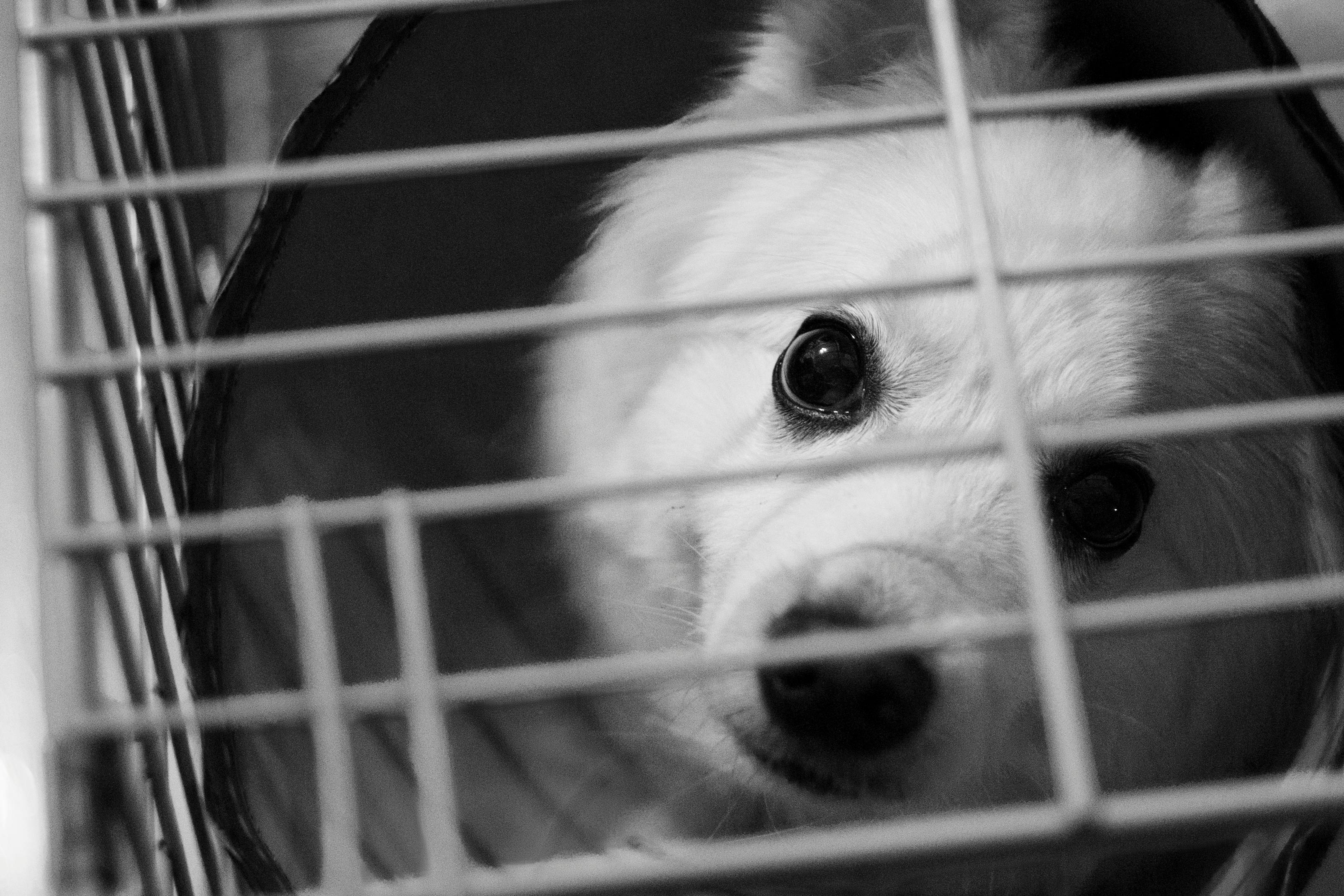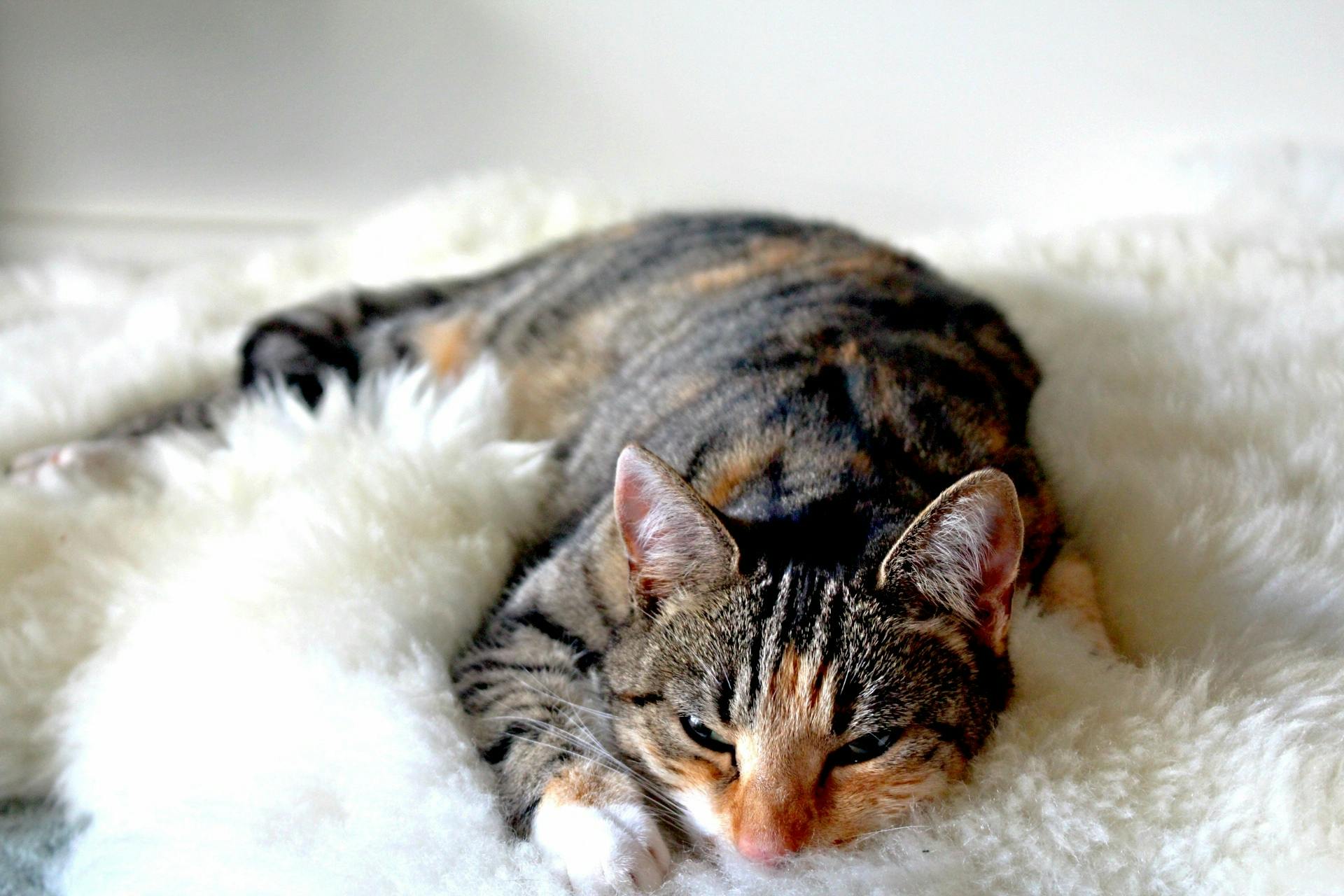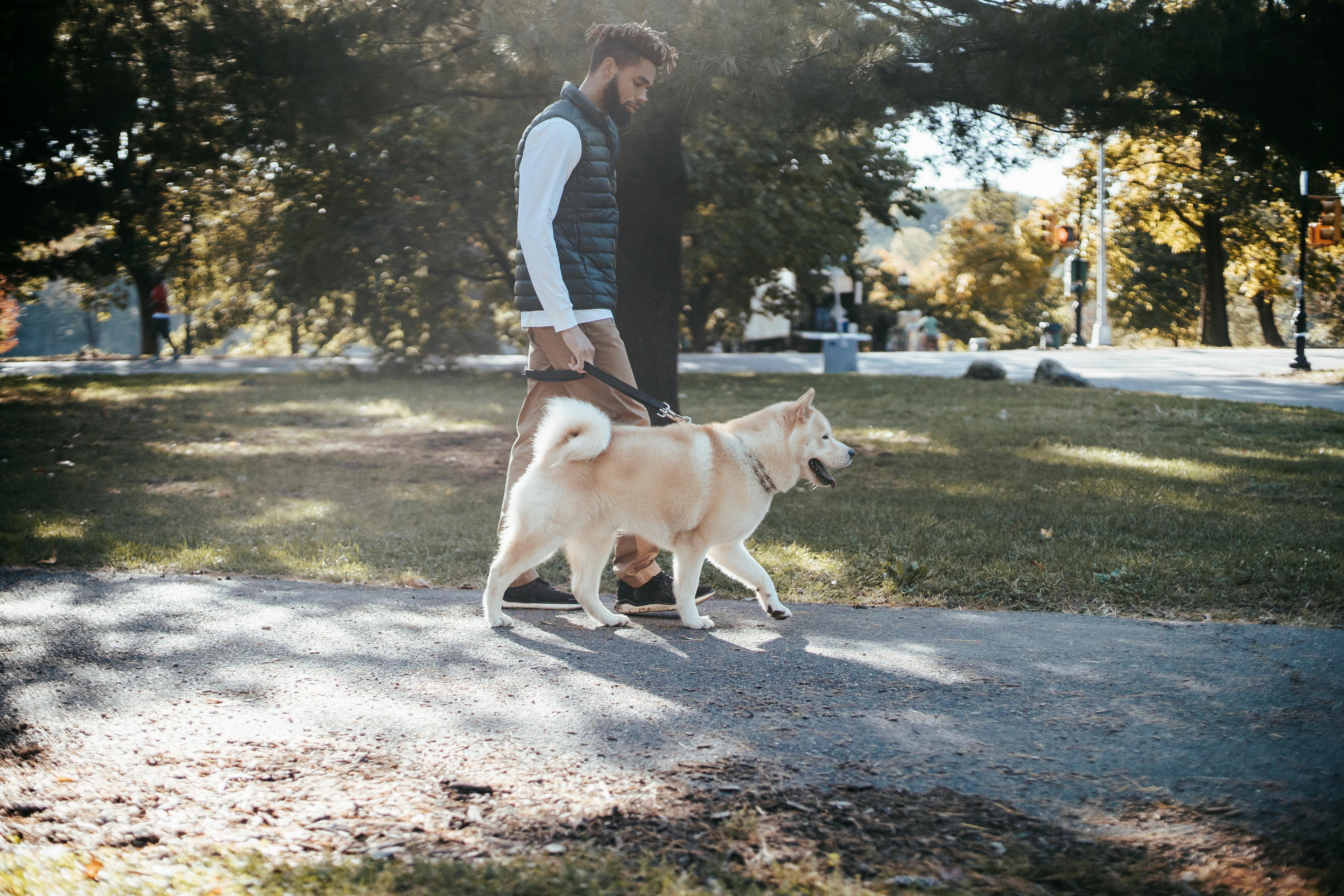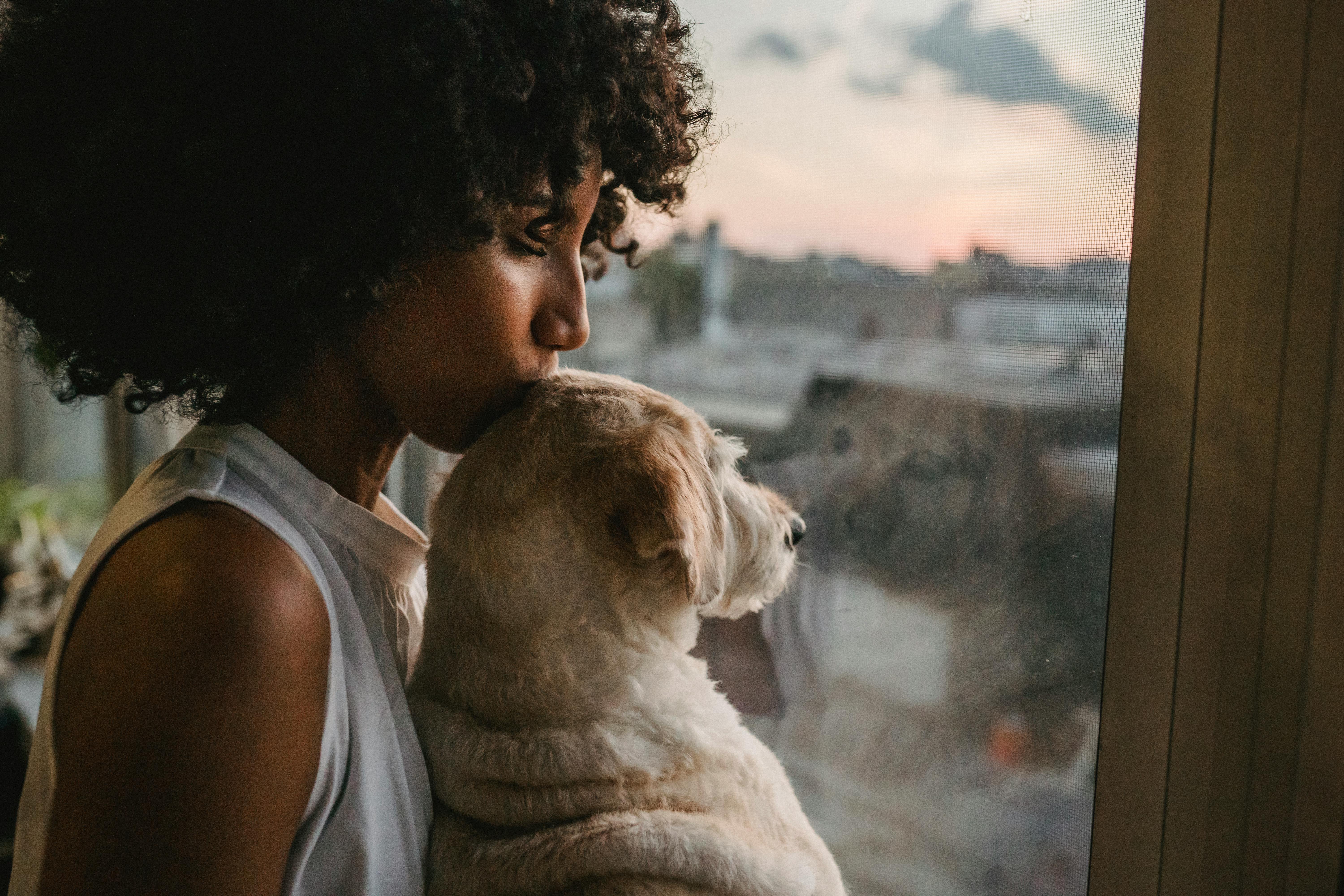Whether you are looking for a resident couch potato, a companion, a show dog, or even a breeding dog, it is important that you are sure that your dog comes from a reputable breeder who will be behind your dogs. You won’t find such a place in a local newspaper ad or on the nearest supermarket board. Begin your search where you will see breeders with healthy dogs, at a dog show.
A dog show is the best place to learn about the Great Dane. Other Danish owners will be more than happy to share advice with you, and there are many breeders represented by their dogs. There are several ways to find dog shows, the easiest is through a local. Events calendar It will list all the shows in your area. A quick Google search will help you find one. It’s easy to find directions for the show the same way, and it’s a good idea to find out what time the Great Dane show is.
If you are serious about showing your Danish future, decide exactly what you are looking for. Look for pictures of winning show dogs and start to get an idea of which “styles” you prefer within the breed and which lines appeal to you the most. You will likely see many of these dogs at some shows, where you can meet them and decide if you like them as much as you did with their photos. You will get acquainted with many breeders and can begin to see where your new puppy will come from. Start talking to breeders you like and ask if you can visit their kennels.
Get a copy of the illustrated breed standard for the Great Dane if you are new to the breed. Study it and take it with you so you can compare the dogs you see at shows. If you know someone who is knowledgeable about the breed, ask them to join you and teach you about temperament and correct conformation. You will feel more confident choosing a puppy once you have learned a thing or two. Your best chance of finding a great show prospect, or family pet, is to find a breeder who cares about breed and cares about where their puppies will spend their lives.
1. Breeders
There are several traits that reputable breeders have in common. First of all, they care more about the welfare of the Great Dane than making money selling them, and they will not raise more than one or two litters a year. They will always examine their dogs for health issues like hip dysplasia, cataracts, von Willebrand’s disease, thyroid function, and heart health. You want to be asked every question you can think of when you ask about buying a puppy. They will ask you why you want a Great Dane; if your garden is properly fenced; whether you can afford emergency surgery; if the dog will live inside the house with the family; and very often for references. Some of them will even insist on visiting your home before they are comfortable selling you a puppy. When you come and meet the puppies, you will have to bring all the members of your household. Lastly, the breeder will insist on a spay contract if they have not spayed the puppies themselves, or on a limited record of puppies sold by you in writing.
By now, hopefully you will be briefed on the health and growth issues that afflict many Great Danes. Expect some form of health and temperament assurance in your new puppy. Breeders offer this, but they all do it differently. You must have at least a forty-eight hour health guarantee, which allows you to take the puppy to your vet for a complete general check-up. A breeder should not allow a puppy to go home with you before eight weeks, some only at nine or ten weeks of age. Avoid all breeders who release their puppies before seven weeks of age.
Your new puppy will have received at least one parvovirus vaccine when he is ready to go home with you. This usually happens when the dog is around six weeks old. The puppy must not have internal parasites. At eight weeks, your puppy will also have received a five-in-one vaccine (DHLP). These records, with the products used, will be given to you along with a pedigree, a blue application form to register your dog with the kennel club and a written health guarantee.
A caring and responsible breeder will insist that you stay in contact with them. You can call them on the phone about any questions you may have, no matter how trivial they are. If you ever need to place your dog elsewhere, they will want you to call them first, regardless of the dog’s age. They will probably want to buy the dog from you or participate in the process of placing the dog in a suitable home. Most of these breeders get upset when they lose track of one of their puppies.
The breeder will ask you in detail if you want a puppy from one of his litters, you must do the same. There are questions you should ask to help you decide if you want a dog from them or not. You need to have an idea of what the breeder cares about about their dogs, so that you know if they will offer support throughout the dog’s life. These questions are:
- Do you screen your dogs for health problems? If so, which ones?
- Do you insist that the stallion owner do the same?
- How many litters do you have per year?
- How often does your dog breed?
- Do you check the temperament?
- Do you give health and temperament guarantees in writing? What are they and how do they work? (This is in your sales contract that you will read before you buy).
- What problems have you had in your breed line? (If the answer here is “none” and the breeder has had a few litters, immediately look elsewhere).
- Are your dogs shown? (This is not important, but if a breeder is trying to improve each litter, then shaping contests at fairs will be of great interest to them.)
- Are full details of vaccinations, worm history, and feeding instructions provided?
- Will help be available to you after the sale in case questions arise? If so, what helps?
- Do they cut the ears? If so, are complete aftercare instructions provided?
If the dogs are happy, healthy and clean, if you have met the bitch and are comfortable with the breeder, then buy. Trust your instincts.
2. Choose your puppy
You have visited the breeder several times and you are sure of your choice. Whether you are a pet puppy or a show dog, the relationship you have established with the breeder is very important. You will have questions that need answers and you should feel free to ask them.
During the visit, you may see some puppies that you like. You may already know which puppy will be going home with you. The final decision is yours, although the breeder will help you make a good decision. You want a friendly and outgoing puppy. The recluse in the corner may steal your heart, but he’ll probably grow up shy. Choose the puppy that best suits your lifestyle. Watch how they react to their littermates, people, and you. Rely on the breeder’s advice if you are unsure of your ability to choose correctly. Breeders are experienced in matching the appropriate temperament of the puppy with that of the prospective owner. The goal when choosing a puppy is to make sure it goes to the right home. This is the only way that the relationship between the owner and the dog will be long-lasting and happy.
If you are buying a Great Dane as a pet and companion, conformation is not important. However, if you are looking for a show quality dog, the breeder will often not sell the puppy with the best conformation, as these dogs are the reason they breed. They will keep the puppy so that he can become a show competitor and give prestige to his bloodlines. Often a well-behaved litter will have several dogs with show potential. If you are looking for a show dog, there are others to choose from, and with the breeder guiding you and with his own knowledge, he can bring home the best puppy for you.



